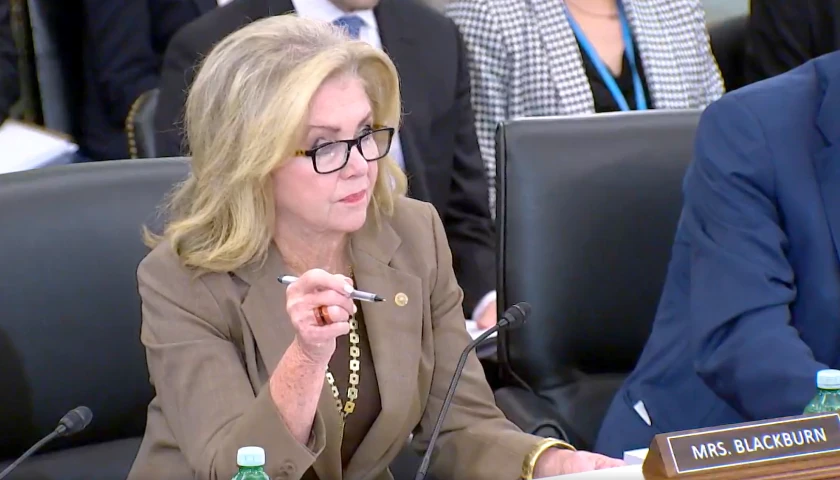by Lauren Jessop
The governor’s administration says the state should encourage the responsible use of artificial intelligence throughout its agencies, rather than turn a blind eye to its capabilities.
Thus, a new executive order was born, Gov. Josh Shapiro said, which represents “the most comprehensive” action taken at the state level to incorporate AI programs.
“This executive order is the product of months of careful consideration and planning … with a belief that we need to embrace AI, not fear it, but we need to deploy it responsibly,” he said.
The order lays out the administration’s “core values” governing the use of generative artificial intelligence. Based on those values, the Office of Administration will create training materials, develop certifications for employees, and explore a two-year post-graduate fellowship program to recruit experts in the field.
It also establishes a board made up of senior administration officials from the governor’s office, Office of General Counsel, Office of Administration, and Department of Labor and Industry to oversee policy, use, and deployment.
Secretary of Administration Neil Weaver said the state sees generative AI as a worker enhancement, not a replacement, and promised the administration will “approach this new technology holistically and with our employees at the forefront.”
“This executive order positions the commonwealth to be a proactive leader in the adoption of generative artificial intelligence by employees in their daily work,” Weaver said. “This technology isn’t coming – it’s already here.”
A partnership with Carnegie Mellon University’s Block Center for Technology and Society will leverage its faculty expertise and provide advisory support for the governing board, as well as foster additional research support and collaboration on the technology’s usage.
Carnegie Mellon University President Farnam Jahanian generative AI is rapidly transforming nearly every sector of our economy, and it holds tremendous potential as a tool for state and local governments to “improve efficiency, enhance operations, and empower employees to provide better services to residents and businesses.”
Carnegie Mellon’s Rayid Ghani, said the university has long been at the forefront of creating AI technology, but is, more importantly, is applying it to problems facing our society – working in close collaboration with governments, nonprofits, and industry, in the areas of mental health services and chronic disease management.
State lawmakers are also working on several AI-related bills that would study the potential impact of AI on the state, as well as require disclosures for artificially generated content.
– – –
Lauren Jessop is a contributor to The Center Square.
Photo “Josh Shapiro” by Office of the Governor of Pennsylvania.





